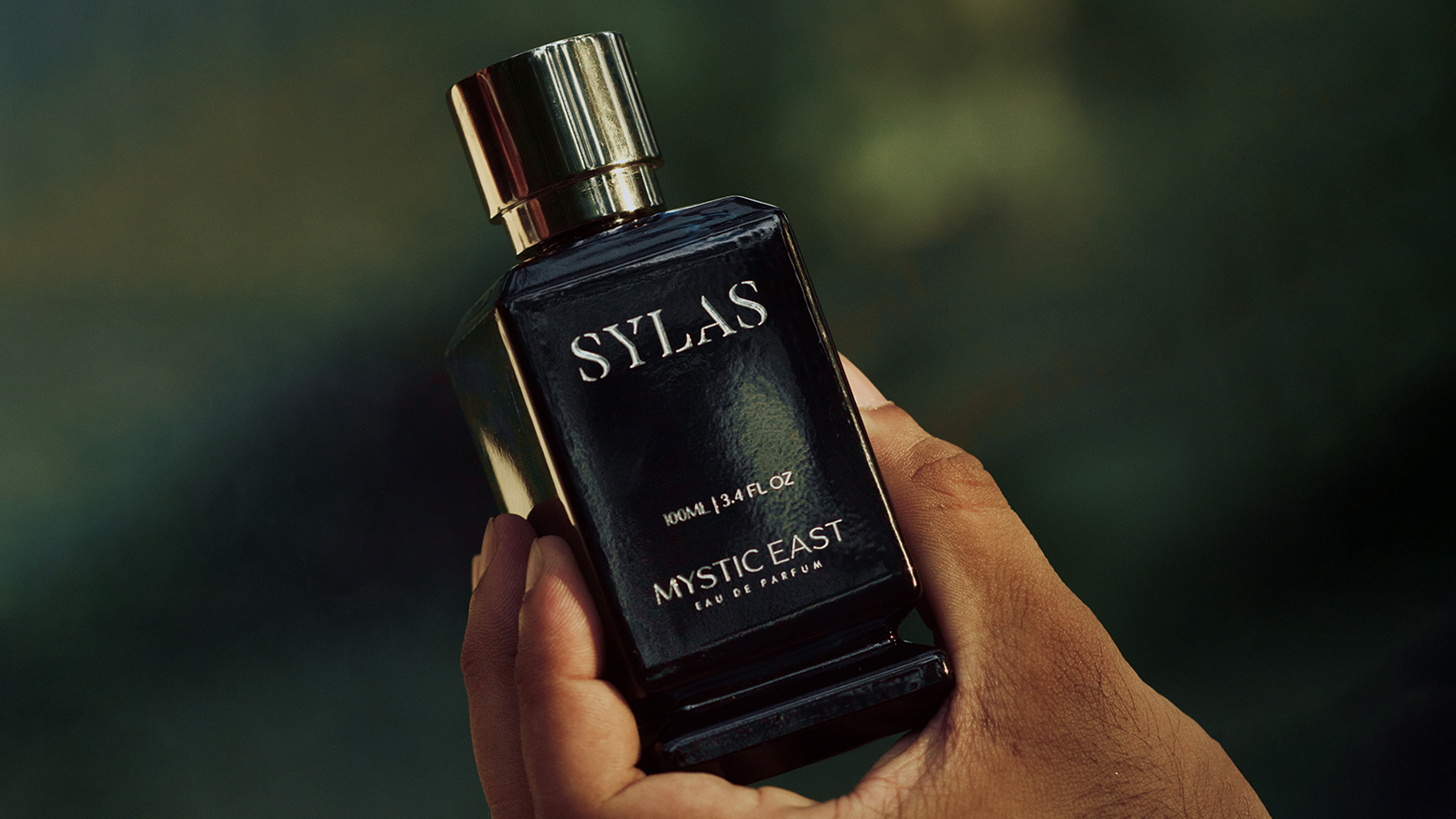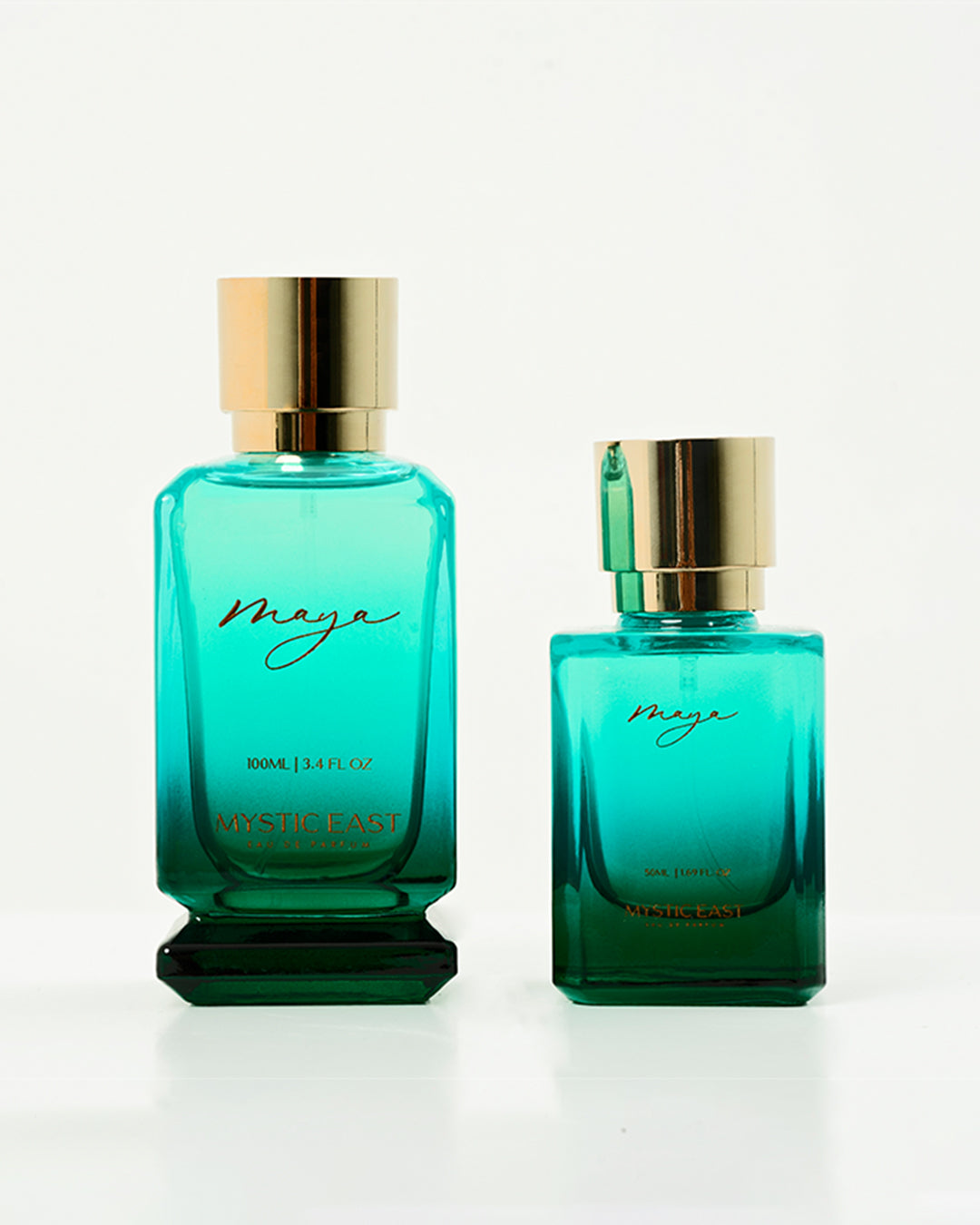"All good scents are wild and free until someone trademarks them."
They say a good fragrance is like a great short story: it begins strong, builds slow, and leaves you somewhere different than where you started. If that’s true, then Narcisse Noir wasn’t just a perfume—it was a revolution in a black bottle.
It came from Paris in 1911, when the world was just beginning to crave beauty again after wars and winters. The house of Caron made it. Not for nice girls, but for the kind that wore veils and kissed strangers in opera houses. Women who didn’t care what time it was. Or if the scent of orange blossom on their throat offended the delicate.
“A woman should wear perfume wherever she wants to be kissed.” — Coco Chanel
(Narcisse Noir women understood this before it was cool.)
The Scent That Bit Back
Narcisse Noir smelled like danger. Not the loud, obvious kind—but the quiet kind that drew you in and held your gaze too long. It was narcissus, yes—but spiked with musk and civet. Powdered. Poisoned. Beautiful.
It was the smell of a letter you shouldn’t have opened, or a man you shouldn’t have followed. And when it walked into a room, no one asked what it was. They just looked around and tried to figure out who.
This was the scent Gloria Swanson wore in "Sunset Boulevard." She wore it like armor. Like grief. Like a memory no one had the nerve to bring up.
It was that serious.
And soon, the whole world wanted it.
Enter: The Lawsuit
In 1911, Caron called it "Narcisse Noir" — The Black Narcissus. But not long after, other perfumes began popping up like cheap novels, borrowing the word "narcisse" and slapping it on their bottles as if that was enough to be dangerous.
Caron didn’t like that. At all.
So they did something most perfume houses back then would never dream of doing. They took it to court.
Yes. Perfume court. It exists. And it smells amazing.
Caron argued that the name “Narcisse” was theirs—not the flower’s. That they'd taken it, broken it down, rebuilt it in their own myth. They said the name had become synonymous with their scent, and no one else had the right to use it. It would be like calling your car a “Rolls” and pretending that didn’t mean anything.
It was the first time language and perfume collided in a legal bloodbath.
Lawyers sniffed bottles. Judges tried to make sense of top notes and brand equity. People whispered in the salons of Paris: “Who do they think they are—owning a flower?”
“There is nothing noble in being superior to your fellow man; true nobility is being superior to your last eau de parfum.” — (If Hemingway made perfumes.)
The Fragrance World Isn’t Cute, It’s Cutthroat
People think the perfume world is polite. Soft. Pretty. But it isn’t. It’s full of silent wars, whispered notes, trademark battles, and bottles that cost more than rent. It’s a world where people get sued for using words like “Noir,” “Bleu,” and even “Light.”
The Caron case opened a door. Suddenly, perfume houses realized they weren’t just selling smells—they were selling names. Identities. Whole worlds.
Narcisse Noir had set the tone: if you built a fragrance so powerful people recognized it by name alone, you had a weapon. And weapons need guarding.
Caron’s battle wasn’t just about a word—it was about what that word had come to mean in people’s minds. Lust. Power. The smell of velvet shadows and powdered gloves.
The Black Narcissus Legacy
Today, Narcisse Noir is remembered by perfume lovers the way Hemingway is remembered by writers—raw, risky, and not for the faint-hearted.
It inspired novels, films, copycats, and fanatics. It told the world: you can be beautiful and terrifying in the same breath. You can make people fall in love, cry, or call their ex just by standing too close.
It changed the way people looked at perfume.
No longer a nice touch.
Now a weapon of personality.
"You have to have perfume that cuts through the noise." — Any woman who’s ever walked into a room full of men and silence.
The Moral of the Bottle
If you take one thing from the story of Narcisse Noir, take this: perfume isn’t decoration. It’s declaration.
It’s not just about smelling good. It’s about saying something with your silence.
Narcisse Noir said, “I’m not like the others.”
And the world answered, “We know.”
That’s why Caron fought to protect it. And that’s why we still talk about it over 100 years later—because real fragrance leaves a legacy, not just a trail.
Final Note (And It’s a Strong One)
So next time you pick a perfume, remember Narcisse Noir. Remember the lawsuit. The scandal. The sheer audacity of turning a flower into a legal property.
And maybe ask yourself:
What story does your scent tell?
Because if it doesn’t make people stop, inhale, and wonder—
You might just be wearing soap.








